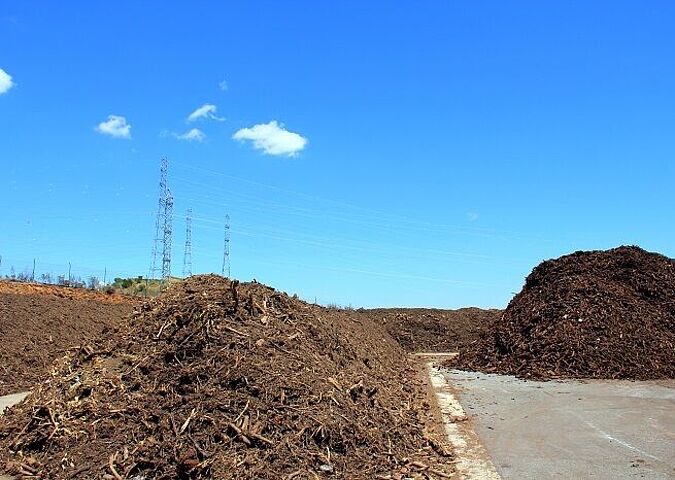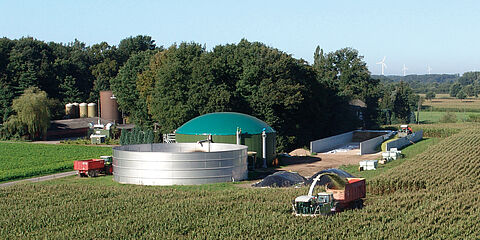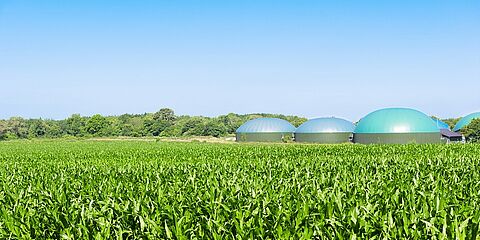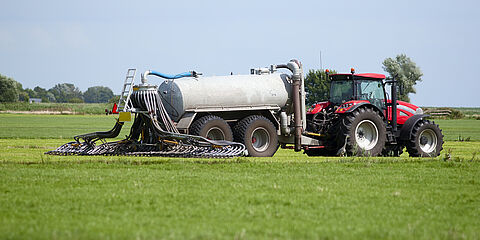Verification of compost and organic soil improvers
Composting is the recovery of the organic part of a waste product with the aim of providing a nutrient-rich product for crops. The legislator authorises several categories of compostable waste, but the final product (compost) must comply with a pre-established quality charter.

This includes testing the content of heavy metals, organic contaminants and microbiological flora.
WESSLING will help you characterise your products, by-products and materials. Our experience ranges from simple routine analysis to establish a baseline for a product through to multi-year fertilisation programmes.
French standards on organic soil improvers
With regard to organic soil improvers, the French State has established standards for verifying the physicochemical properties of a product or material for a particular regulatory framework and/or use.
The two main standards are NF U44 051 and NF U44 095.
NF U44 051: Designations, specifications and marking
The testing of materials according to NF U44 051 is aimed at assessing the agronomic quality of the product (carbon, nitrogen and mineral components) and its potential for contamination (MTEs, OTCs and inerts).
NF U44 095: Composts containing materials of agronomic interest derived from water treatment
Like NF U44 051, this standard concerns organic soil improvers, but it also includes materials derived from water treatment. These waste materials have the reputation of being more contaminated with pollutants than others and have a special status.
In addition to these standards, there are other standards for designations, specifications, marking and tests, in particular NF U44 551 and NF U42 001.
WESSLING will help you to comply with the standards by assessing the quality of your input materials and finished products. Compare your many inputs and reduce harmful feedstocks.
Reminder of analyses to comply with NF U44-051 and NF U44-095 standards:
- Agronomic value: Physical analyses (dry matter, organic matter, pH), Nitrogen and Carbon (total nitrogen, total organic carbon, calculation of C/N ratio), Agronomic metals (Ca, Mg, K, P), Trace elements (B, Co, Mn, Mo, Fe, Cu, Zn)
- Contaminants : Trace metals (As, Cd, Cr, Cu, Hg, Ni, Pb, Se, Zn), Polycyclic Aromatic Hydrocarbons (PAHs), Polychlorinated Biphenyls (PCBs).
- Safety criteria: Sorting of inerts, Microbiology (Salmonella, Escherichia coli, Helminth eggs, Listeria monocytogenes, Enterococci, Clostridium perfringens).
- Compost maturity: ISMO (Organic Matter Stability Index), Carbon and Nitrogen mineralisation.
Contact
- Pauline Castillazuelo
- +33 6 13 51 29 59
- pauline.castillazuelo@wessling.fr



